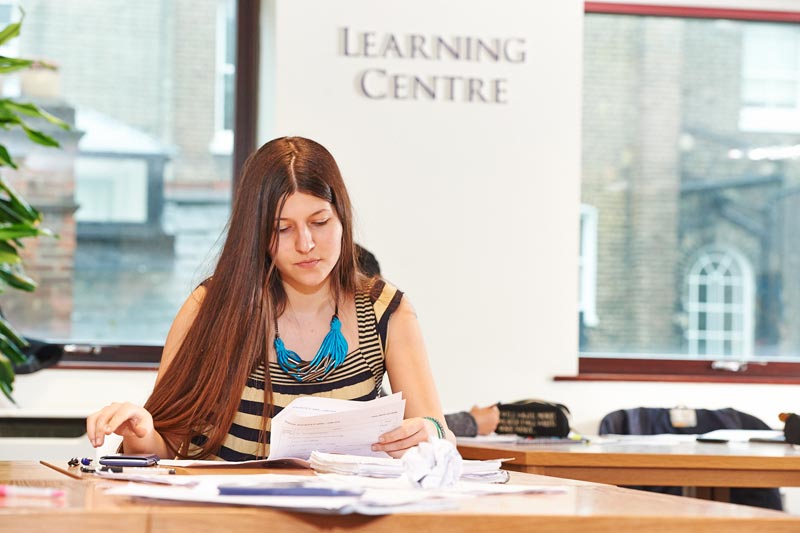Exam Tips – Exam Preparation
15th May 14

Are you preparing for your exams at the moment? A Levels or GCSEs round the corner? Don’t panic. Have a read of these handy exam tips to help give you the best chance of succeeding.
1. Time
Make sure you don’t leave everything to the last minute. Cramming might work for some people, but it’s scientifically proven not to work for most of us. Set up a revision timetable for study. Make an exam timetable with the dates of your examinations and organise your work logically towards them. Some exams might require more work than others. You’ll need to find the right balance.
2. Study Space
Find yourself a space that suits your needs. Somewhere quiet, where you won’t be distracted by other people and where you can focus on studying. Make sure there’s enough light and air and that you are as comfortable as possible. Make it your study base for the next few months. You might like a small radio or a pot plant, but don’t clutter it up with too much unnecessary nonsense. Organise your space so you know where everything is and you don’t have to waste time looking for your textbooks or notes.
3. Food
When revising, and on the day of exams, make sure you eat well. Have breakfast before a morning exam, and lunch before an afternoon one. You will perform better. Always have a breakfast, break for lunch, and eat a healthy dinner. Avoid junk food and sweets. Eat brain and energy boosting foods. Protein rich foods like eggs, nuts and yoghurt, lot of fruits and vegetables, and Omega 3 Fatty Acids like fish, walnuts, hazelnuts and cashews, will help boost your brain and give you energy. Carbohydrates like rice, potatoes and pasta are great the day before an exam, but don’t overload on the day.
4. Drink
Drink a lot of water while you revise. It’s your body’s natural fuel, and your brain will respond wonderfully to it. Avoid caffeine and sugar rich soft drinks, excessive amounts of energy drinks and copious amounts of coffee. They are brain blocking and nerve inducing beverages and will hamper your learning.
5. Breaks
Putting in six or seven hour shifts at your desk may convince you that you are working hard and doing the right thing, in reality working for long stretches with no breaks does more harm than good. Take regular breaks to go for a work and get some fresh air. Have an hour for lunch. It’s important too that you still see your family and friends n the evening and you relax your brain a little. Visit friends and go to the cinema. If you’ve worked all day, you deserve an evening off every now and again.
6. Rest
Make sure you get enough sleep the night before your exam. Sleep is the body’s way of recharging itself. Get a minimum of six hours. Seven or eight hours are ideal. If you’ve been revising all day, try to avoid studying late into the night. And never, ever, stay up late cramming the night before an exam. You will make yourself tired and nervous and you will under perform. If you are having trouble sleeping, a warm glass of milk and a read of something non-academic will shut your brain down and help you sleep.
7. Practice makes perfect
One of the best ways to study for A Levels or GCSEs is by practising past papers. This will help you get used to the format of the exams and the type of questions you might get asked. If you time yourself while you practice, you will also avoid the dreaded pitfall or running out of time due to inexperience in the real thing.
8. Study groups
Studying with friends is a dicey, dangerous game. You can be easily distracted by each other. But if you focus and use the time correctly, talking through your revision with each other can really help you. You can test each other and boost each other’s confidences. Someone may offer a different approach to a question, or give you an insight into a subject that you never had before. If you don’t want to study with your friends, even talking things through with your parents or a brother or sister can really help. A fresh view on things is refreshing, especially if you’re stuck or confused.
Good luck!



